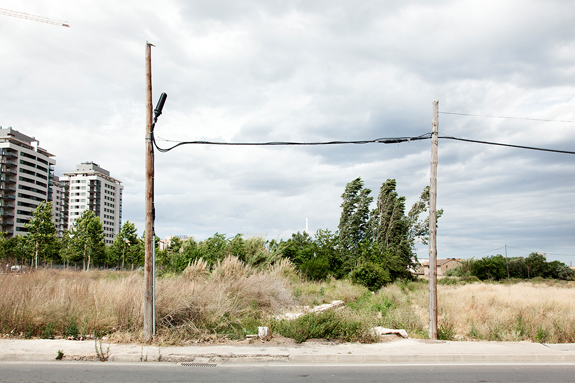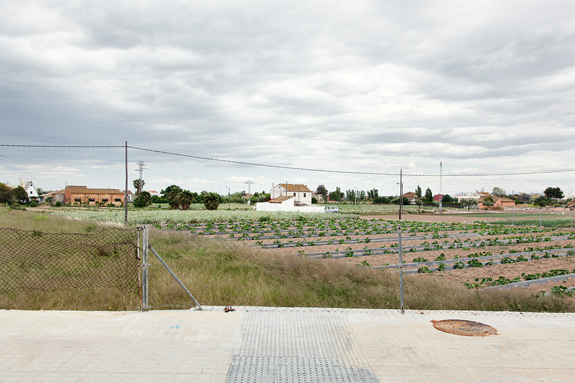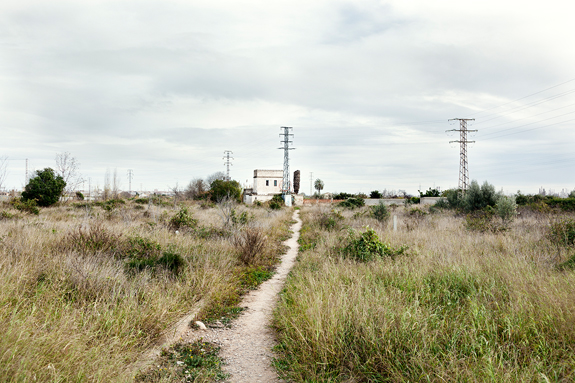
Working in the shadows is fine. You have the peace of not being exposed and the pressure it entails. But working in the shadows is unappreciated. You do an essential function, or at least an important function, but no one sees you and no one knows your existence, so no one knows your importance.
At the surrounding zones of the city something like that happens. We don’t realise their importance. In fact, we don’t even realise their existence. We pass through these zones in cars, motorcycles, bikes and even by walking. And we do not realise that these limits are what make the way for us to get to the city, make the way for the existence of this city. They nourish the city and through them crosses the things that make a city become a city.
Usually we presume the things and we don’t ask why or how it was. It’s normal, today more and more — the “modern” life is faster, impulsive and direct. There’s no time for reflection, the decisions are here and now. The “now” rules. So we go to our things, fast and without looking around.
No One’s Land pretends the opposite. It pretends to stop, take a break, look around and reflect. Mainly about the city limits, about these territories that are in a no man’s land, about what defines them and about their importance for the citizens in a city.
But you can’t try to understand them from inside your car. You must walk through them, listen to their sounds, smell their scents, see what things are arranged in them. And the first thing you realise is that, although they are part of the city, they are completely different from the city itself. They are still, almost changeless and it seems that there isn’t much to do in them. They are the perfect and necessary opposition to any city and they cannot exist without each other.
And what do I do? I observe, I listen and I document it all. But without indicating a way of thinking. Just documenting it in a neutral way. I think it’s the better way to give these zones a voice and the chance of being seen and understood.
— Ricardo Dominguez Alcaraz, Valencia, Spain

